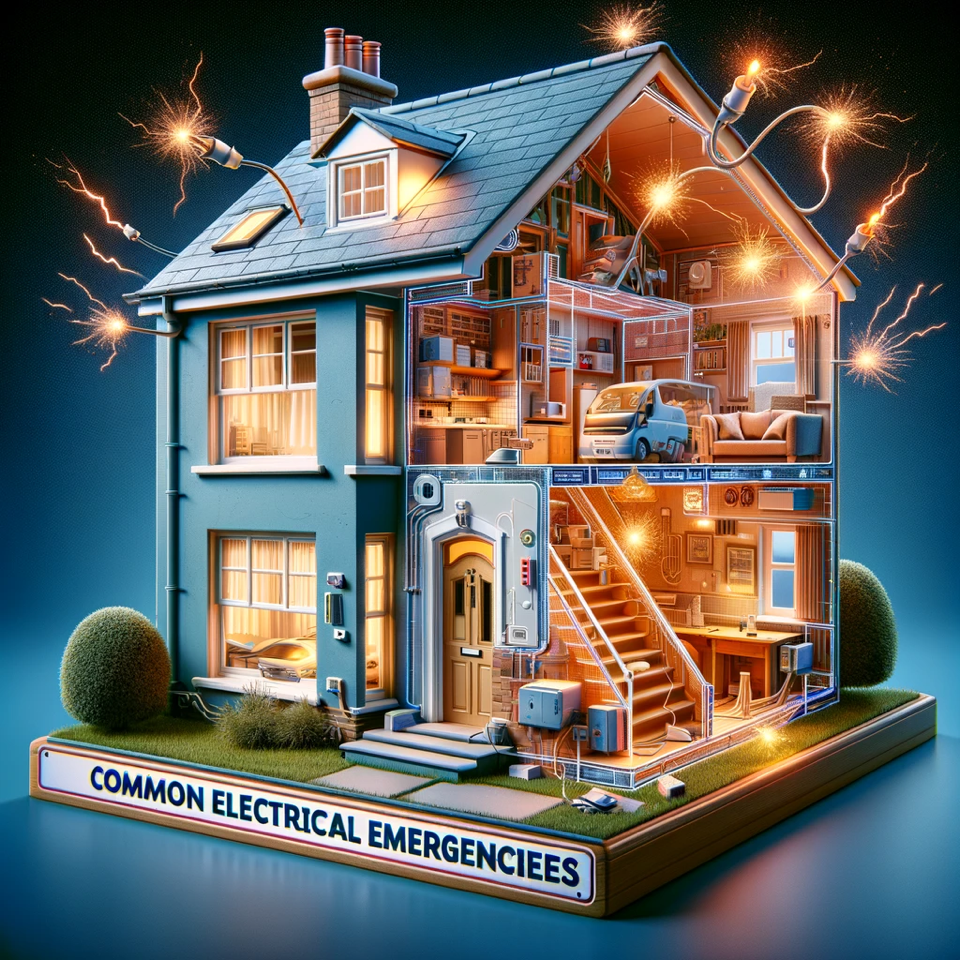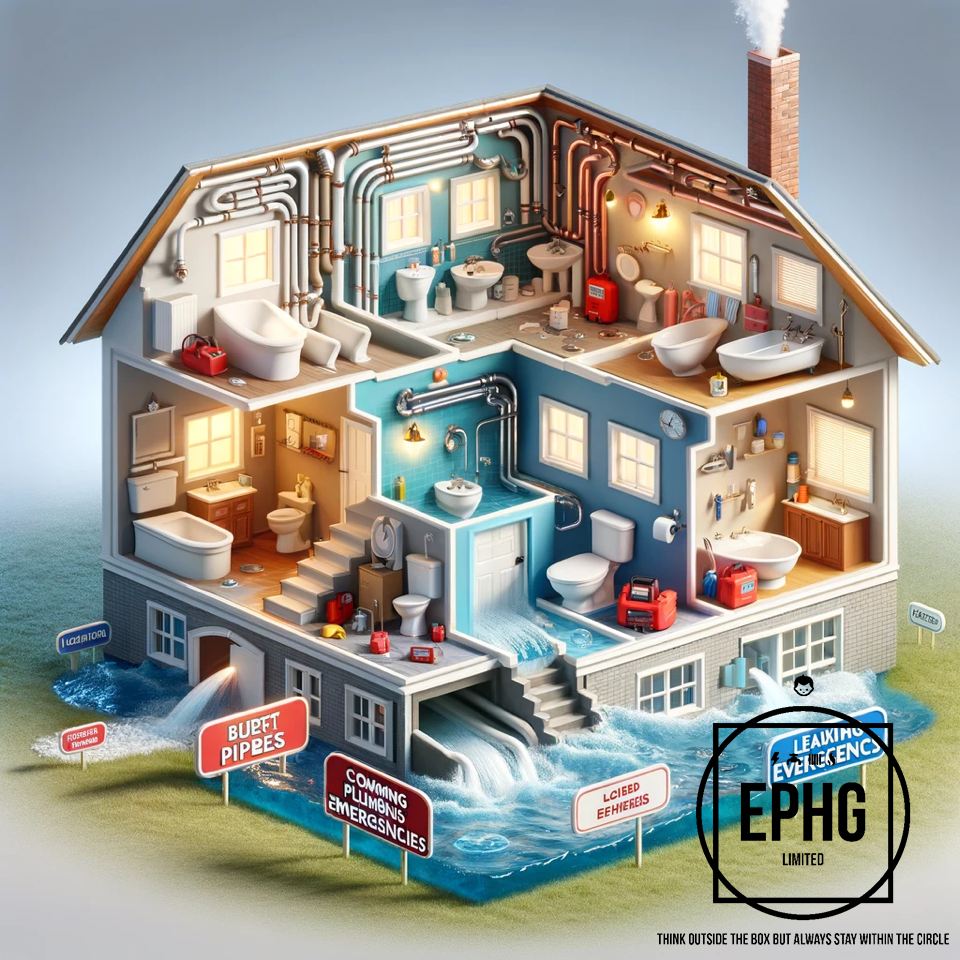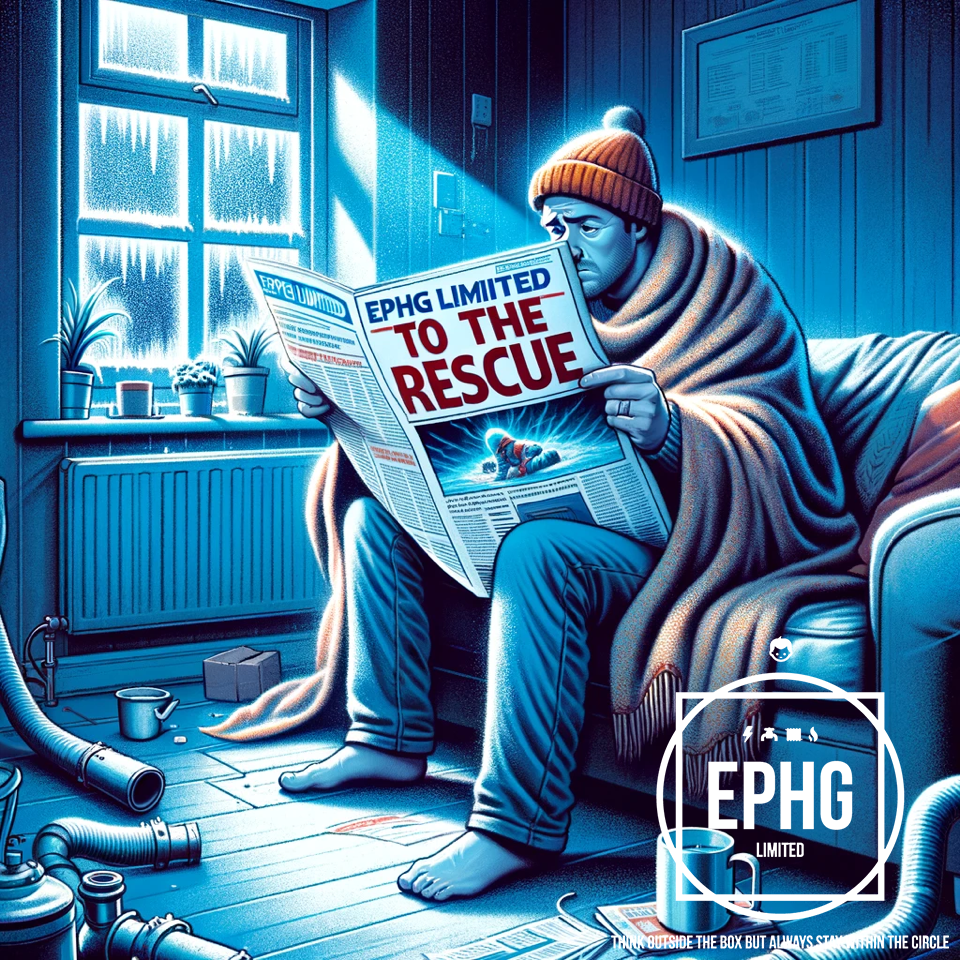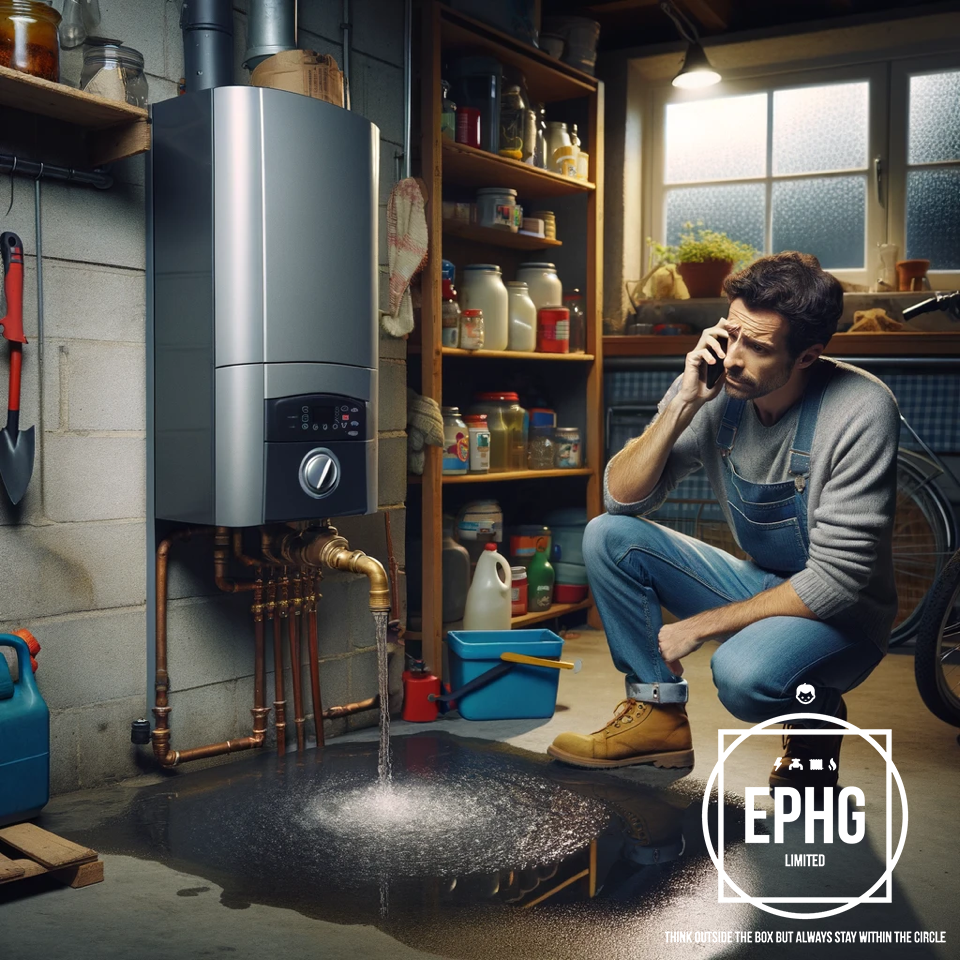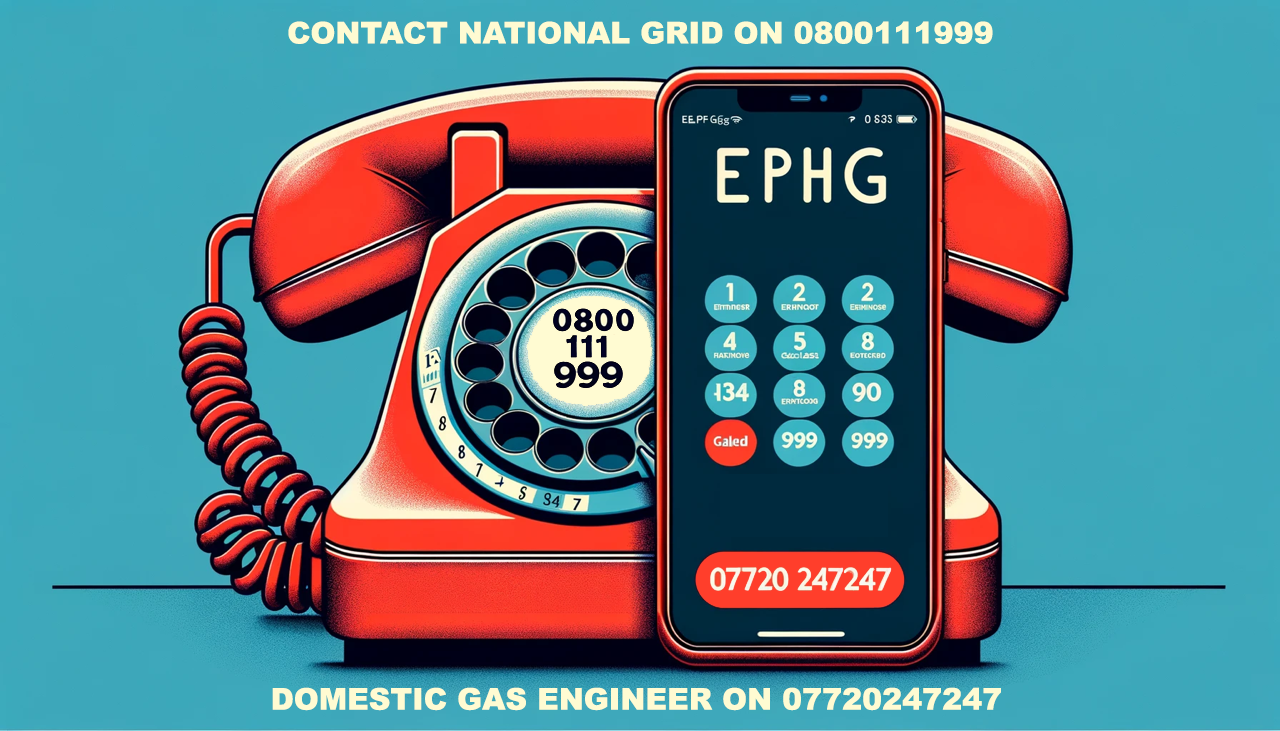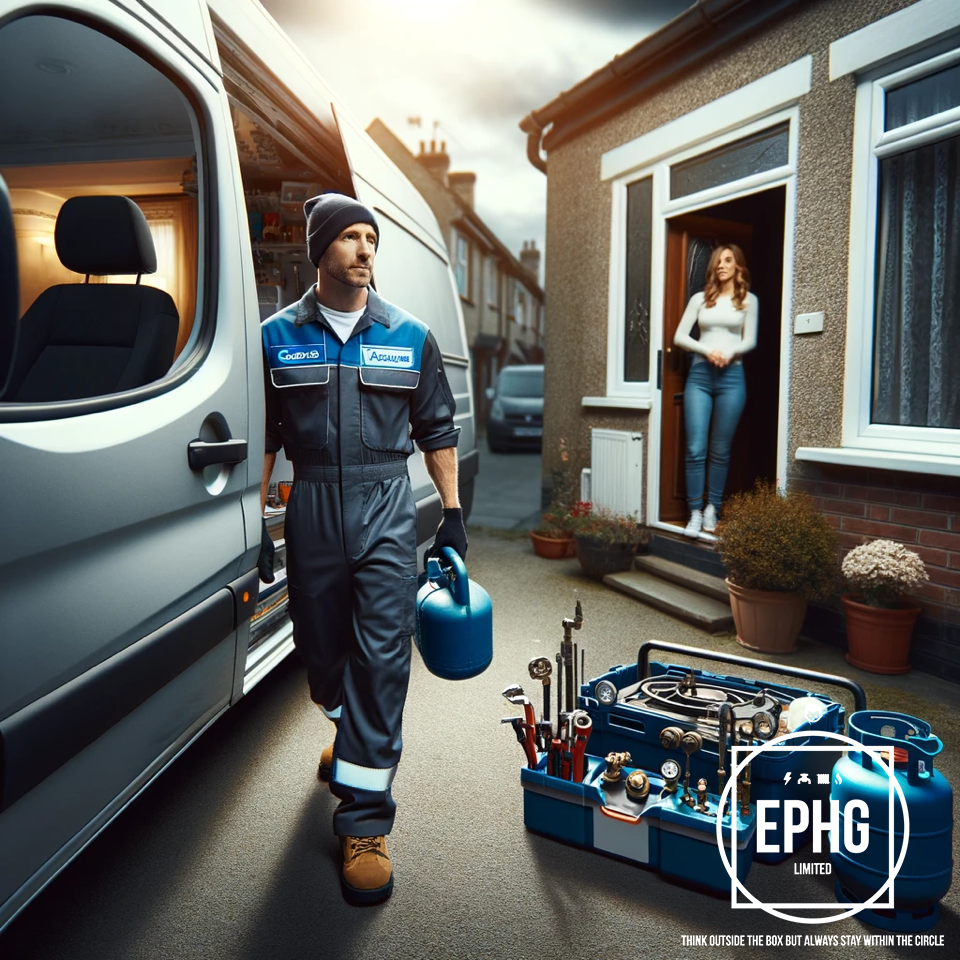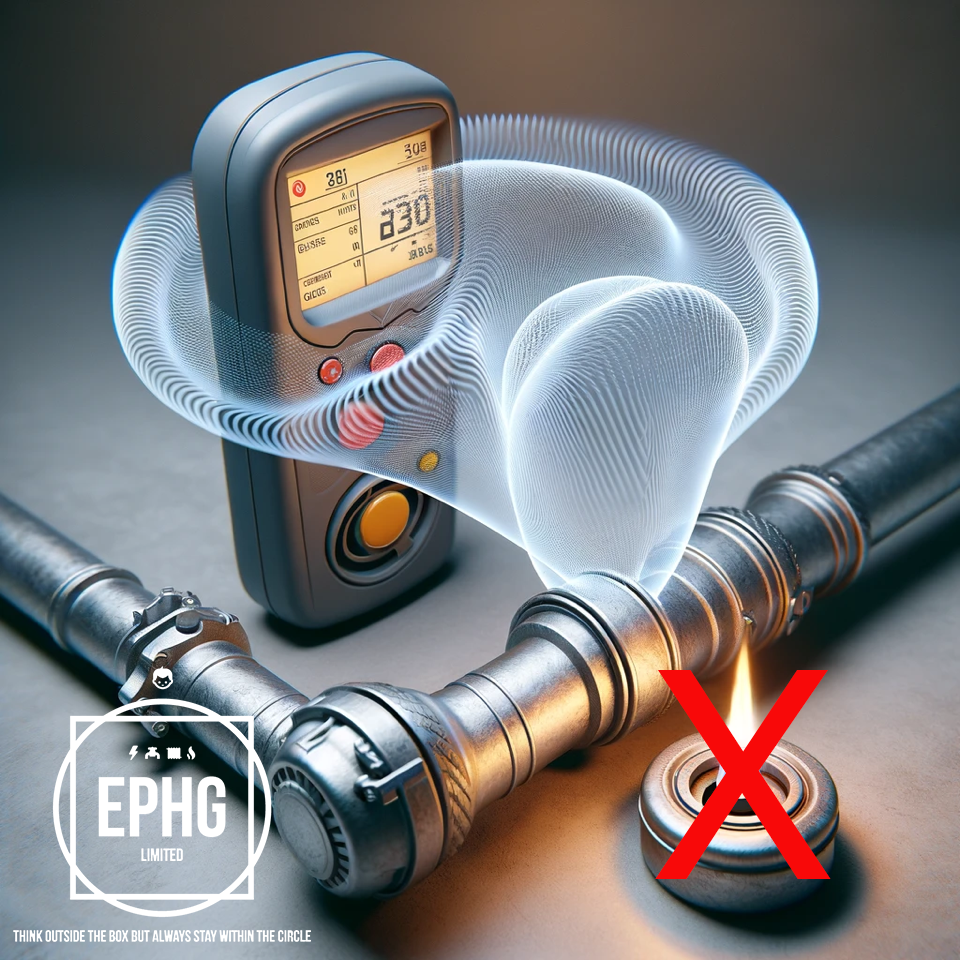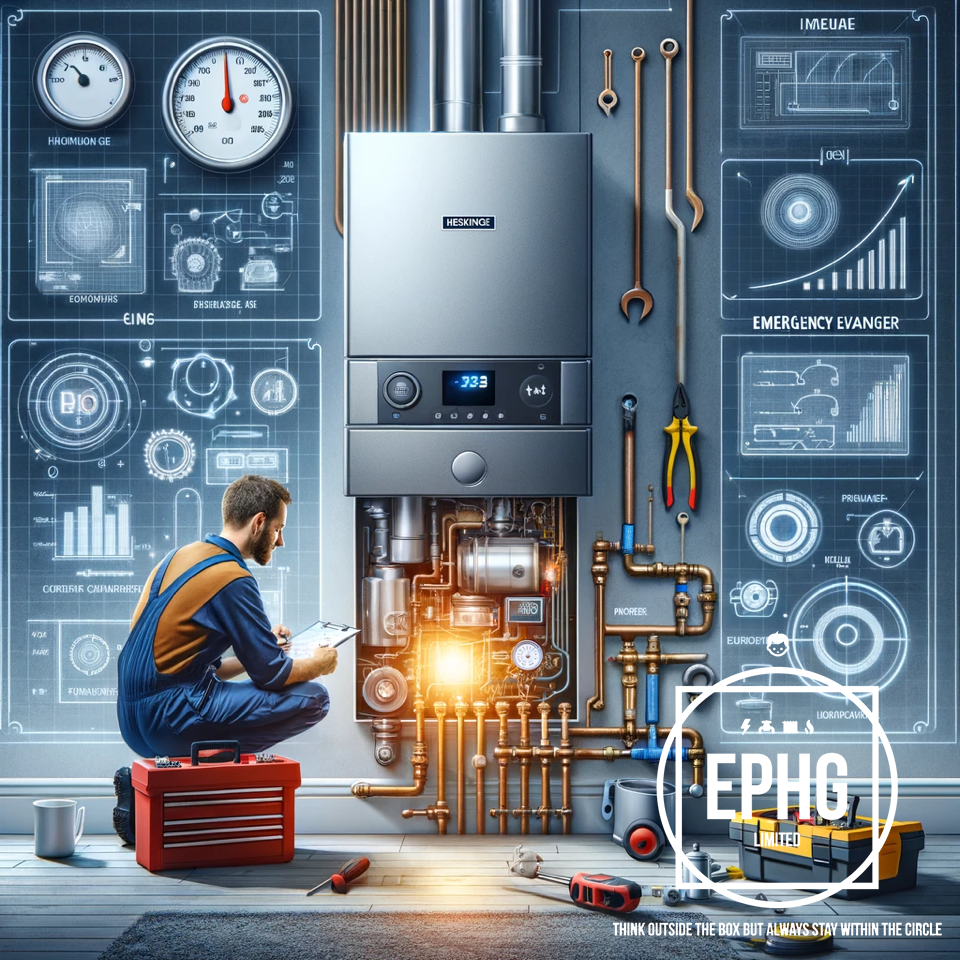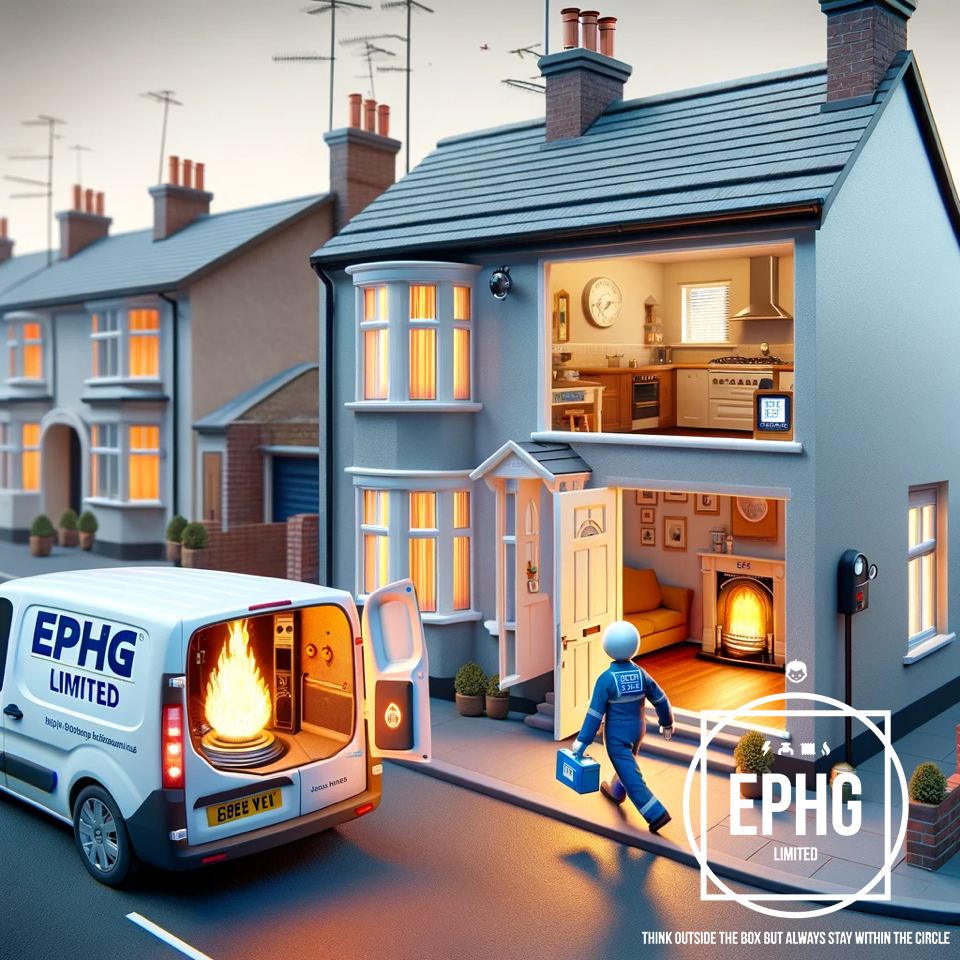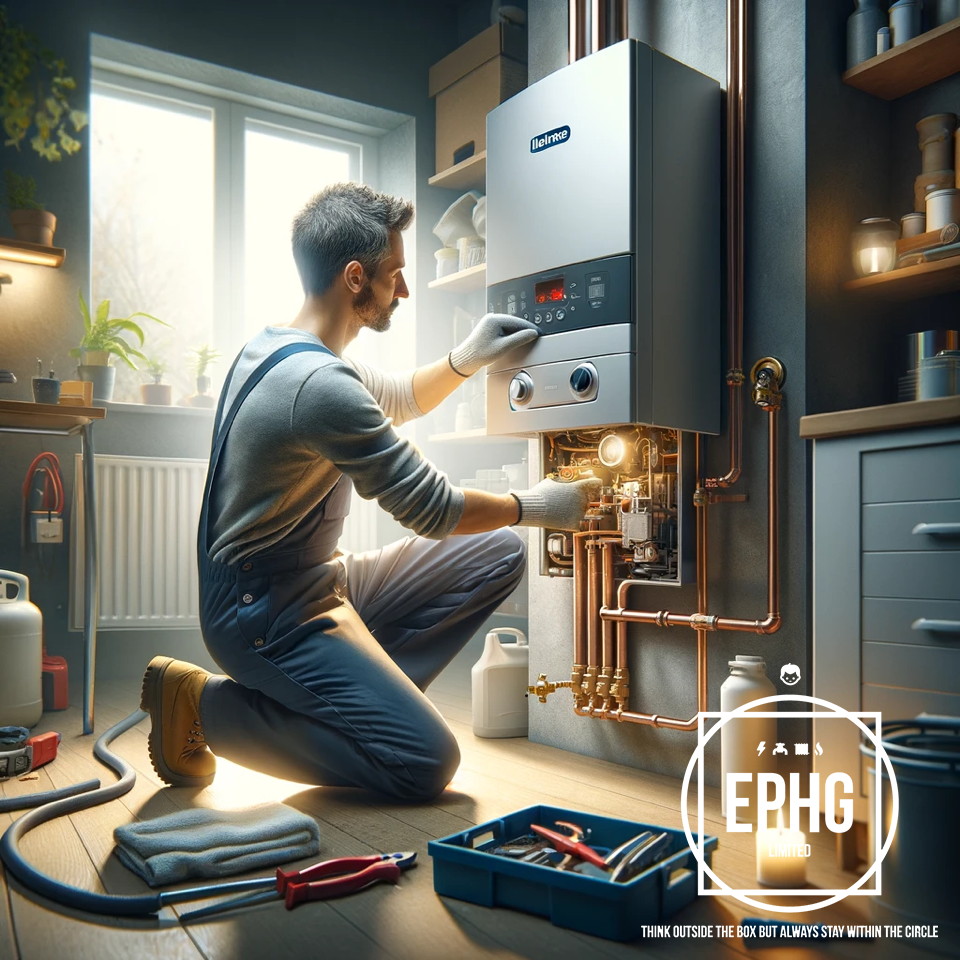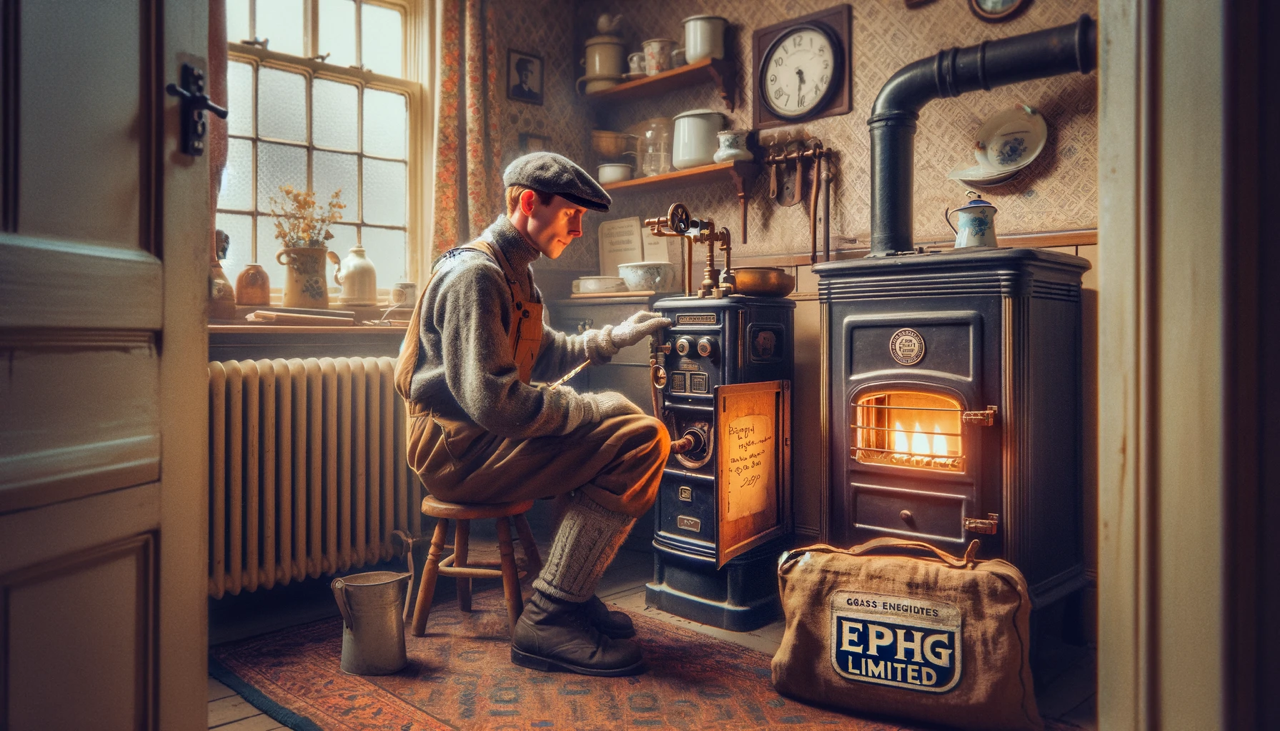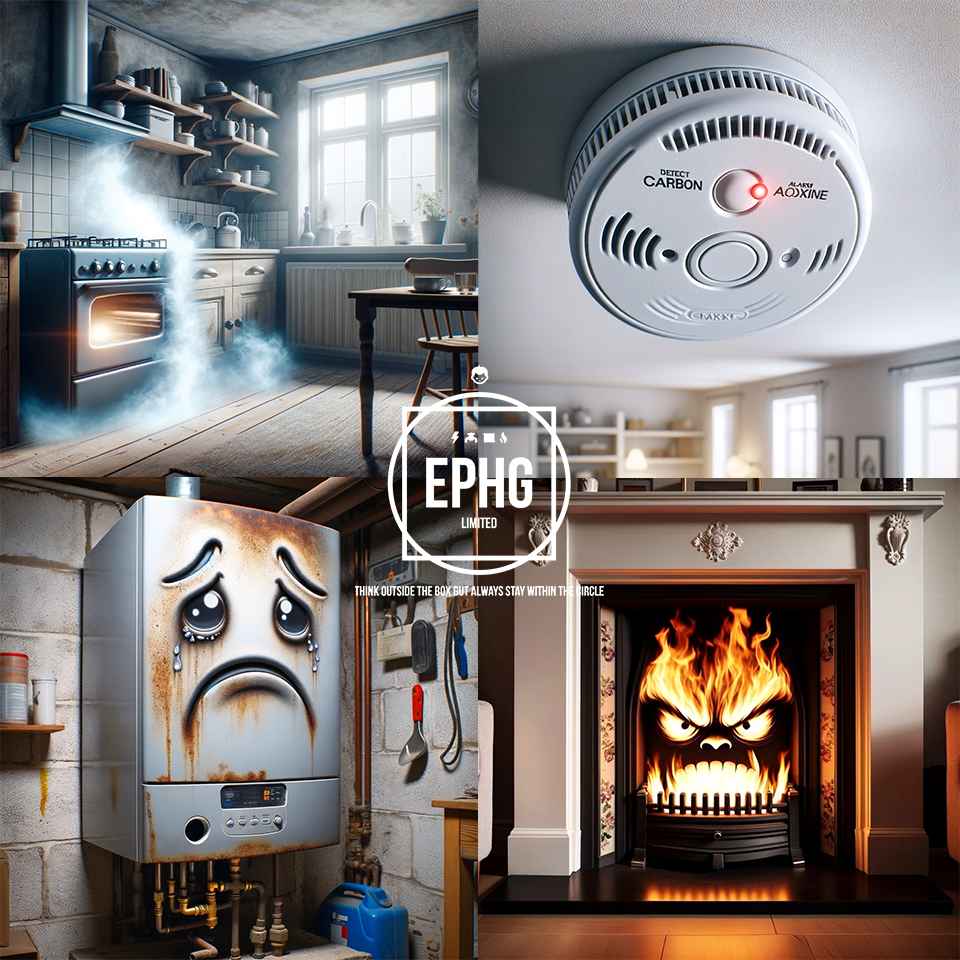
A Comprehensive Guide to Common Domestic Gas Emergencies in the UK
Introduction
Gas emergencies in domestic settings can be dangerous and require immediate attention. In the UK, where gas heating and appliances are common, it’s crucial for residents to understand the types of gas emergencies, how to identify them, and the appropriate actions to take. This guide provides an overview of common domestic gas emergencies in the UK, along with safety measures and procedures for effectively handling these situations.
- Gas Leak
- Carbon Monoxide (CO) Poisoning
- Boiler Breakdowns
- Overpressure in Gas Appliances
Identification: The most apparent sign of a gas leak is the smell of gas in the house. Natural gas is odourless, but a harmless substance called mercaptan is added to give it a distinctive odour, often compared to rotten eggs. Other signs include a hissing or whistling sound near a gas line or appliance and dead or dying vegetation in areas where underground pipes may leak.
Action: If you suspect a gas leak, immediately extinguish all open flames and avoid using electrical switches, which could ignite the gas. Open windows and doors to ventilate the area. Do not attempt to locate the leak yourself. Leave the property and call the National Gas Emergency Service at 0800 111 999 from a safe location.
Identification: Carbon monoxide is a deadly, odourless, colourless gas produced by incomplete combustion of gas. Symptoms of CO poisoning include headaches, dizziness, nausea, breathlessness, collapse, and loss of consciousness. CO can be emitted by faulty boilers, gas fires, and any fossil fuel-burning appliance.
Action: Install CO detectors in your home, especially near sleeping areas. If the alarm sounds or you suspect CO poisoning, turn off all appliances, open windows, evacuate the premises, and seek medical attention. Contact a registered Gas Safe engineer to inspect your appliances and flues.
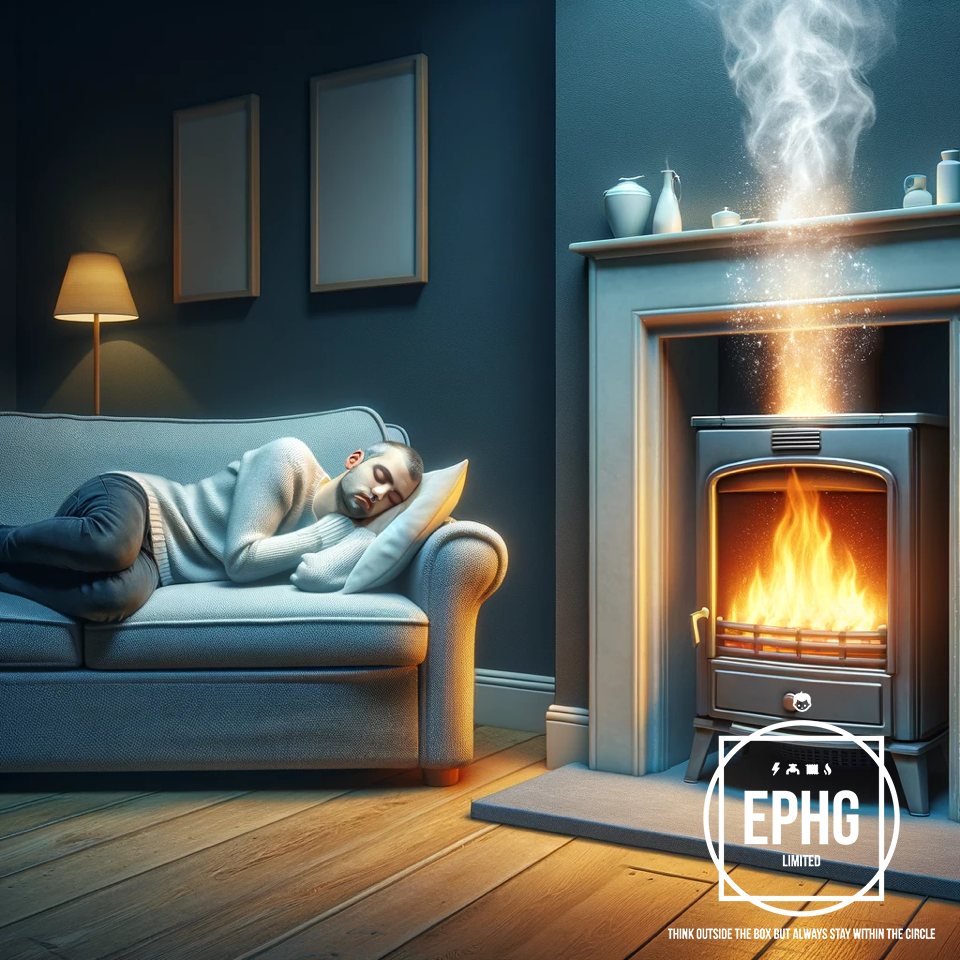
Identification: Common signs include no heating or hot water, strange noises from the boiler, water leaks, and pressure loss.
Action: Regular maintenance is key to preventing boiler breakdowns. If you experience a breakdown, contact a emergency gas engineer emergency gas engineer, one that is gas safe registered. Do not attempt to repair the boiler yourself, as this can be dangerous and may invalidate your warranty or insurance.
Identification: Overpressure can occur due to malfunctioning regulators or gas supply issues, leading to appliance failure or, in extreme cases, explosions.
Action: If an appliance appears to be operating abnormally, turn it off immediately. Contact a Gas Safe registered engineer to inspect and repair the appliance. Regular maintenance and checks can prevent overpressure situations.
Preventative Measures and Safety Tips:
Conclusion
Understanding and promptly responding to domestic gas emergencies can save lives and prevent property damage. Regular maintenance, awareness, and the correct safety measures are essential for safe living in a gas-powered home. In all cases of gas emergencies, professional intervention by Gas Safe registered engineers is crucial. Remember, safety first – never attempt to fix gas-related issues on your own.
